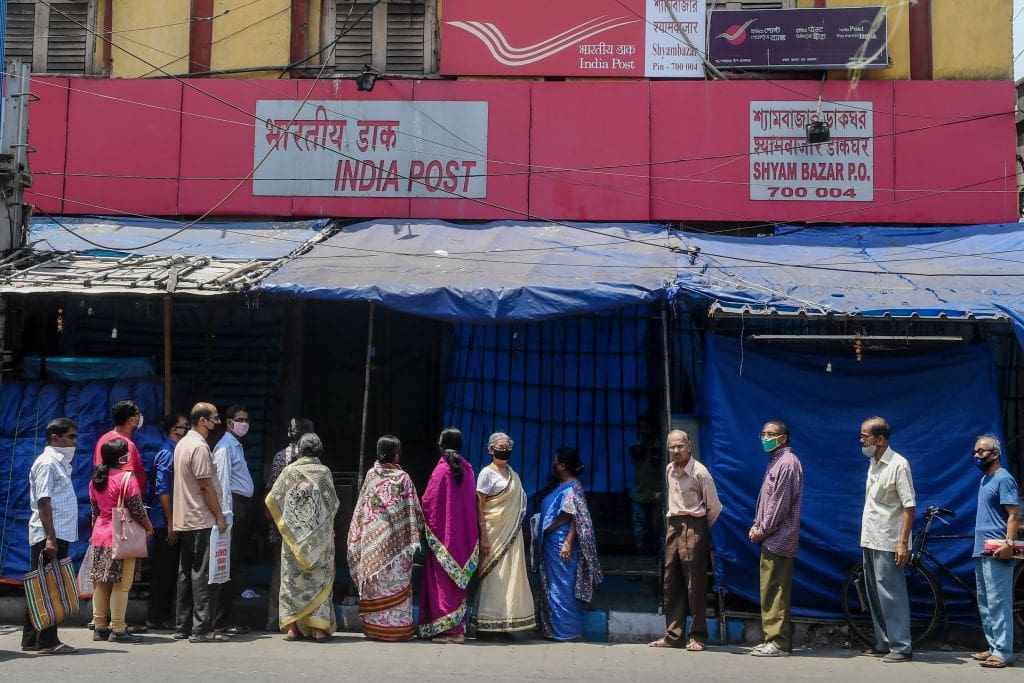While steps taken by the Assam Government to release over 700 prisoners to contain the novel coronavirus (COVID19) outbreak are welcome, the Chief Minister of Assam, Sarbananda Sonowal must ensure that those declared foreigners and detained across the six detention centers of Assam are also released immediately, said Amnesty International India today.
“In our 2018 briefing on the detention centers in Assam, “Between Fear and Hatred: Surviving Migration Detention in Assam”, Amnesty International India found that the authorities indefinitely detained Indian citizens who were declared foreigners in a discriminatory manner. It also documented appalling living conditions including overcrowding, separation from families, lack of segregation between different categories of prisoners, high levels of depression and inadequate medical facilities in the detention centers. As the COVID19 pandemic spreads across India, the Assam Government must recognize that the detainees in overcrowded detention centers face a heightened risk of infection and must do everything to protect them starting with their immediate release,” said Avinash Kumar, Executive Director at Amnesty International India.
Speaking to Amnesty International India in 2018, a doctor who had been working with prison inmates and detainees in Assam had said that in some detention centers with a capacity of about 250 inmates, the authorities had kept up to 400 inmates. Bina Rani Saha who was detained in the Kokrajhar detention center for two years had given a similar account of the detention center: “We were surrounded by walls. Not even a cat or dog could enter. I remember there were a lot of people. We slept on the floor on blankets. All of us in rows next to one another.” Seventy-one-year old, Rahima Bibi who was also in the same detention center had said, “There were 50 or 60 or 70 of us in one room. We were all kept together.”
Currently, there are 31 jails including 6 central jails and 22 district Jails in Assam. According to the National Crime Record Bureau, there were 8,282 prisoners across Assam at the end of 2018. The six detention centers that hold around over 800 “irregular foreigners” are also housed inside Assam prisons. With an occupancy rate of 117% and inadequate healthcare services as documented by Amnesty International India, overcrowded Indian prisons constitute a perfect hotspot for the spread of coronavirus.
In an effort to contain the spread of the pandemic in the prisons, the Supreme Court of India asked all state governments and union territories on March 23, 2020, to take steps to decongest the country’s prison system by setting up high-powered committees which would consider granting parole to those convicted or charged with offenses carrying jail terms of up to seven years.
The Office of the United Nations High Commissioner for Human Rights, the United Nations High Commissioner for Refugees, the World Health Organisation and the International Organisation for Migration also called on governments to release migrant detainees without delay, “considering the lethal consequences” of the COVID19 outbreak. They also urged the government to release “migrant children and their families and those detained without a sufficient legal basis.”
In line with the Supreme Court of India, the Assam government has released over 700 prisoners. However, there is a concern that those detained in the detention centers will not be among those benefiting from the measure. Even though in 2019, the Supreme Court of India had ordered for the release of detainees who had been in detention centers for more than three years, many continue to remain detained without access to bail or parole.
“While the Supreme Court has ordered the release of prisoners and undertrials, the Government of Assam must also release more than 800 people who are detained in detention centers through flawed processes and grant them access to necessary healthcare and other essential services, including food, water, shelter and sanitation. Since 1985, more than 130,000 people have been declared as foreigners in Assam pushing them towards the brink of statelessness. No step must be taken by the Assam government to detain them,” said Avinash Kumar.
The Indian Government’s data shows that between March 2013 and February 2018, only four persons were deported to their country of origin and one more in 2019. International human rights law provides that detention for removal and deportation purposes should end when it becomes apparent that there is little prospect that deportation will occur within a reasonable period. Hence, regardless of COVID19, the Government of Assam must release all those who have been detained for a prolonged period of time in the detention centers and end their legal limbo.
“Migration status is and must be irrelevant to every human being’s dignity and their right to live,” said Avinash Kumar.
To learn more about COVID-19 and human rights, visit: https://www.amnestyusa.org/distant-but-together-responding-to-covid-19/
For more information or to arrange an interview, please contact Mariya Parodi, [email protected]

